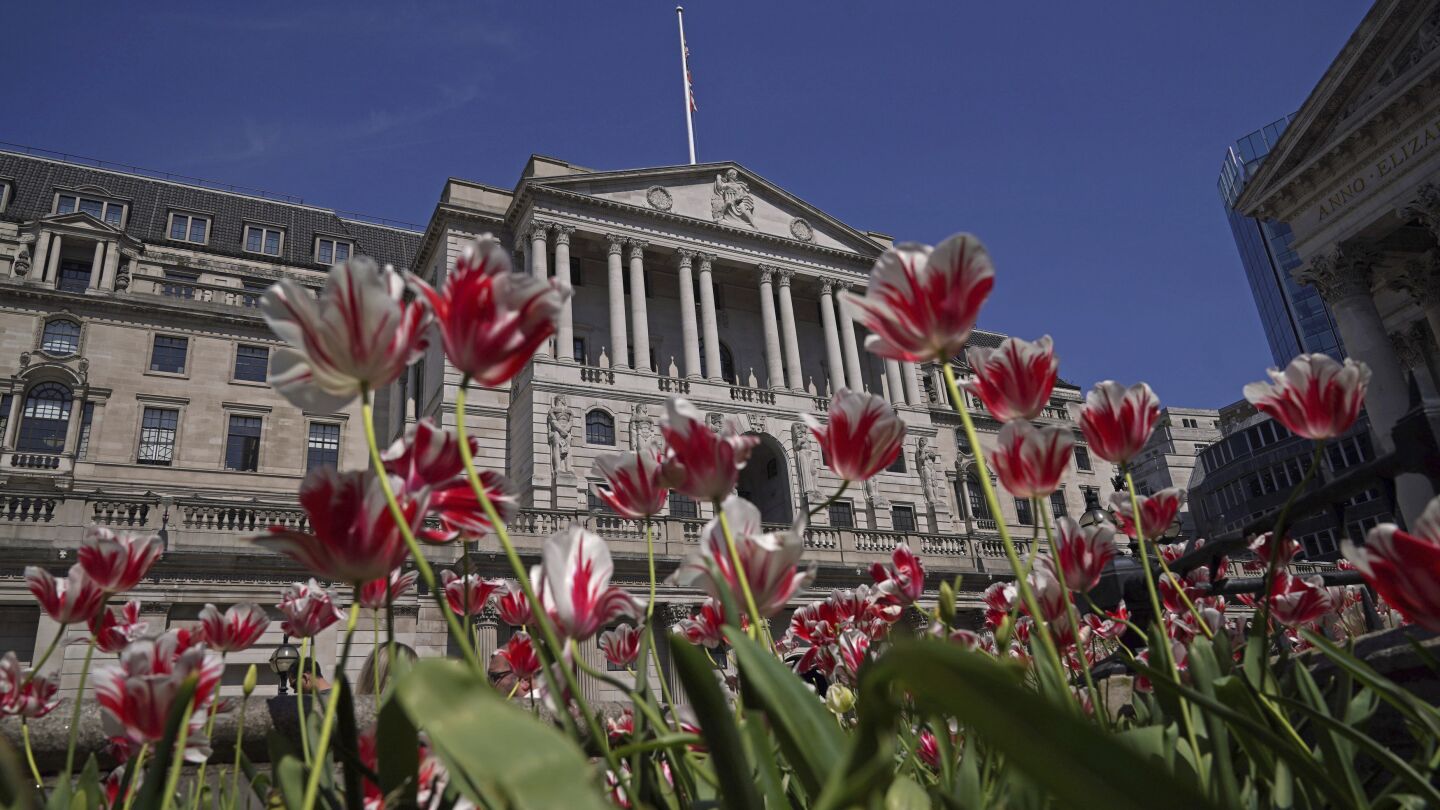Arjun Yadav
The Argentine Paradox
Jul 28, 2024

I recently had to cram a lot of macroeconomics for an exam that I may or may not have had much motivation to write, and while I did okay on it in the end, I couldn't shake the feeling that this was a lot tougher than what I had learnt in microeconomics: the graphs seemed to make less sense, and a lot of the topics just seemed to float in my mind without case studies to peg them down.
Is this my fault? Yes, 100%. But I do wish to make things right for a subject that I genuinely have a lot of love and self-interest in, so in this post, I'll try to cover the practical concepts behind marcoecon using a case study: the purported economic miracle of Argentina in the past two to three months.
But first, a clarification on interest and inflation
- What is interest?: Interest is the cost of borrowing money, it's essentially the "value" of money. If interest didn't exist, no one would want to lend money as they wouldn't get anything in return.
- What is inflation?: Inflation is the increase in the price of goods and services, naturally leading to a country's currency becoming weak. Inflation is natural as an economy grows, but a "shock" (meaning a sudden or uncontrolled increase) in inflation can quickly lead to a crisis where purchasing power dwindles and uncertainty is high.
Okay so, WTF happened in Argentina?
For the past decade or so, there's been a consistent spell of budget deficits (that is, the government of a country spending more than they take in through taxation) and inflation (the "value" of money in a region) spiralling out of control. The recent COVID-19 pandemic did not help either of these at all.
The plate of bad things that Argentina's economy has experienced in the past is vast: periods of hyperinflation whose effects still linger to this day to defaulting on debt: a big no-no when it comes to instilling confidence in your people, investors and the wider world and its institutes (such as the International Monetary Fund).
What did Javier Milei do to turn this ship around?
Javier Milei became the president of Argentina late last year and vowed to fix the broken economy in his presidential campaign. A staunch defender of property rights and free market capitalism and a critic of "the welfare state" propped up by major Western nations across the world, Javier is what most describe as a “Right-wing libertarian” economically speaking.
With poverty reaching an all-time high since exiting the last major recession back in 2004, it seemed like Javier had an impossible task ahead of him, until he did the impossible back in May, steering Argentina out of its recent recession and beating all predictions for year-on-year growth.
Mileli focused on reforming the following "twin issues" his administration identified:
- deficits in the government budget: the people and companies of Argentina rely too much on the government for services.
- deficits in the current account: the current account refers to the exports and imports of a country. For the longest time, the government has artificially propped up its currency (the peso) to make imports cheaper. But this led to its exports being much less competitive in the international market.
Thus, Mileli and his administration planned on a "V-shaped" recovery: they slashed public spending in their proposed budget (which was passed by law-markers late April of this year) and devalued their currency to reverse the prop ups.
Now, even though Argentina doesn't seem to be in a recession any more, its economy is still razor-thin from entering a new one, and there are a lot of issues and further complications plaguing Mileli right now (such as whether to increase interest rates or not, which may help slow down inflation but ), but broadly speaking, Mileli did what was needed to save Argentina right now.
Some remarks on austerity
What we're seeing in Argentina is austerity: the opposite of building a welfare state with high levels of government borrowing (stimulus), you may have heard the term austerity come up in the run-up to the election held recently in the United Kingdom, and probably some not so nice phrases associated with it ("the death of the NHS" comes to mind). Why is there such a difference between austerity working in Argentina and being so harshly criticised in the UK?
After the new Labour string of premierships with Tony Blair and Gordon Brown ended in 2010, it was clear the country was seeing its twilight years of the late 90s dwindle, with the vast amount of money being spent on healthcare and education starting to be viewed with more scrutiny, making it an easy target point for the new string of Tory (conservative) premierships.
Now, was austerity needed in both countries? While both countries saw major government spending, the economies of both Argentina and the U.K. could not be more different: one still relies heavily on agriculture while the other is one of the most diversified and globalised economies in the world.
Another aspect to consider is the timing of austerity measures taking place in both countries, the U.K.'s spending cuts towards the NHS left it in a much worse place to be during the COVID-19 pandemic (a storm that Argentina did relatively quite well), resulting in harsher criticism on how we got to this point. Add an energy crisis caused by the Russian-Ukraine war and it's no wonder Labour won a landslide last month (even though the spending proposed in their manifesto leading up to the election is one of their most fiscally conservative yet).